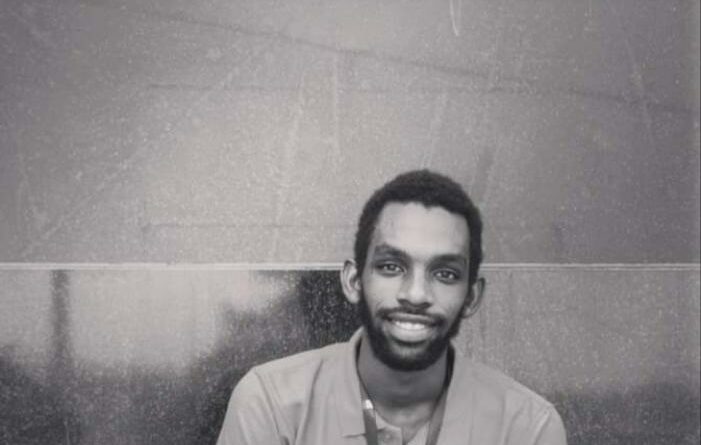“Il giorno in cui guarirò”, la strada del ritorno dalla malattia mentale
Una poesia tutta coniugata al futuro, il tempo della speranza e della vita che verrà. Una vita che il nostro autore ruandese desidera fortemente libera dall’ansia e dalla depressione. Proiettarsi nel futuro significa pensarsi guarito e impegnato a diffondere consapevolezza sull’importanza della salute mentale. E guarire significa riuscire a prendere in mano una penna e scrivere, tornare nel villaggio dell’infanzia e dire a tutti gli uomini che, sì, anche loro possono piangere e condividere la loro sofferenza. E, infine, significa scrivere su tutti i muri la parola “resilienza”.
Leggi di più

